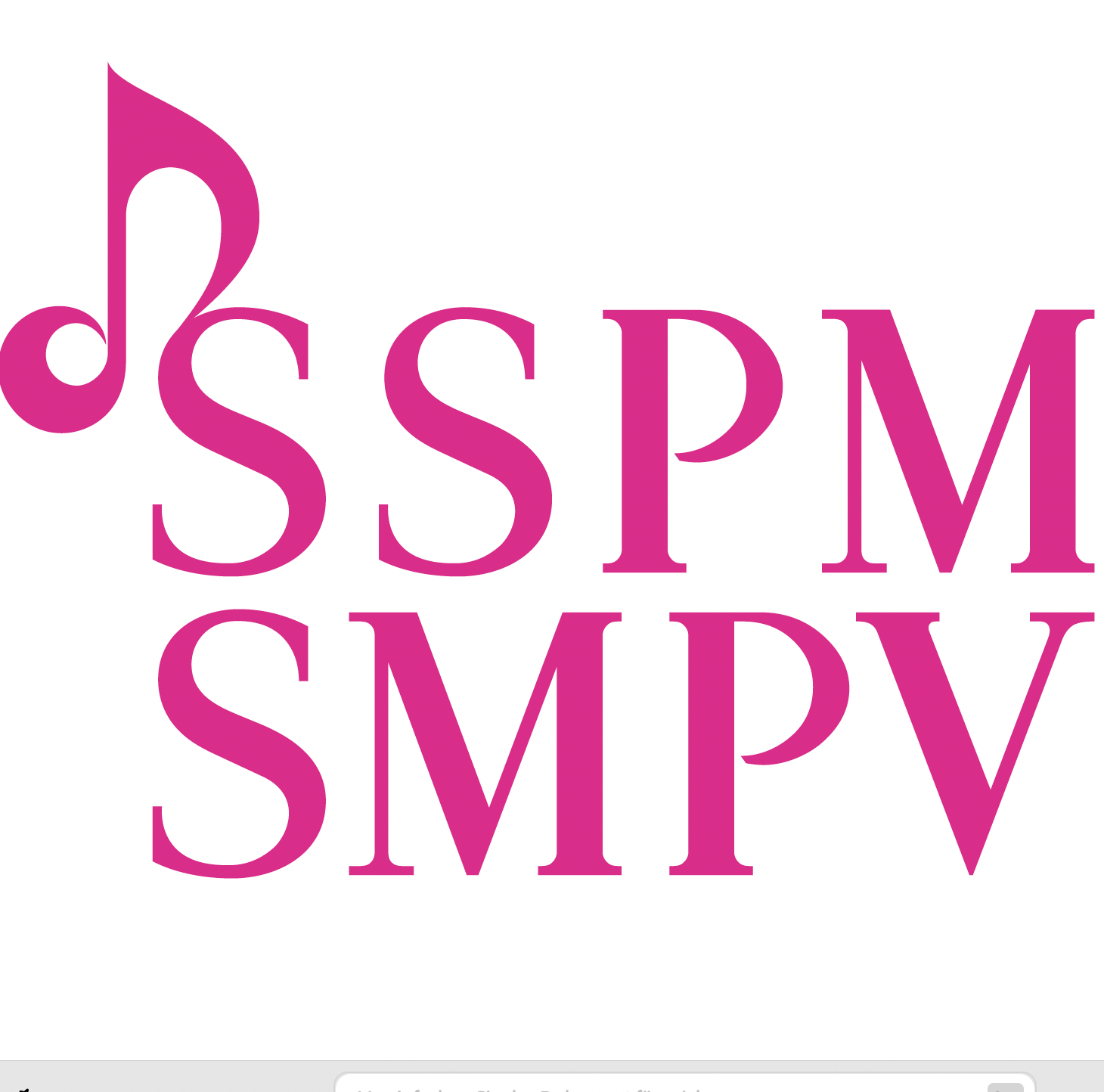Music and law: independent or employee?
Yvette Kovacs, doctor of law and SSPM legal advisor, Zurich-based lawyer, answers questions from SSPM members.
Question from an SSPM member: I'm a music teacher at a music school and I'm also a choir director. After a long period of illness, the school management wants to pay me only my teaching hours as sick pay, claiming that my choir directing activity is part of a contract of engagement and that I am therefore not entitled to sick pay. This is despite the fact that I have been entrusted with both teaching and choir directing activities at the same time. Is this legal?
Response from Dr Kovacs:
1.)The answer to this question depends on whether the choir director's activity is carried out under an employment contract or on a self-employed basis.
2.)Almost any activity can be carried out as a self-employed or salaried employee. Differences of opinion regularly arise on this subject. This is why the activity should be described in writing in a contract, and the question of whether it is an employment or a mandate should be clarified. Ultimately, it is the structure of the concrete contract (and not the title) that determines whether it is employment or self-employment. The more precise the description, the clearer the legal qualification.
3.)To delimit these types of activities, the courts have developed an extensive practice. They consider the following delimitation criteria to be essential:
a) The following characteristics in particular speak in favor of independence:
- The conductor is free to determine his or her own working hours.
- The choir conductor is not bound by the instructions of the Board of Directors, and carries out his activities under his own responsibility.
- The choice of program is made by the choir director.
- The conductor must pay all social security contributions himself.
- The conductor receives a fee for his or her independent activity (not a salary).
b) The following factors, in particular, militate in favor of dependence (commitment as an employee):
- The choirmaster is an employee.
- The choral conductor integrates into the employer's organization (association, school, etc.) and follows the employer's directives.
- The choice of program is made by the employer.
- The employer pays a salary and deducts social security contributions.
- The employer pays for sick leave and vacation time in accordance with statutory provisions.
4.)Only in the case of an employment contract does the law provide for salary continuation for a limited period, depending on the length of the contract. Self-employed workers, on the other hand, must support themselves and receive nothing in the event of illness. The only exceptions to this rule are cases where it is expressly stipulated in a specific contract or collective bargaining agreement that benefits are to be provided by the employer in the event of illness.
5.) The conclusion is that, in the present case, the various delimitation criteria have to be established and classified. Subsequently, the choir director made it known that, for her choir conducting activities too, she had to comply with the music school's timetable and that concert programs were predetermined. In addition, she is subject to AVS/AI/APG deductions on salaries for all her activities. Added to this is the fact that the teaching activity is regulated by contract with the choir's management. These are strong indications that both activities should be treated in the same way as an employment relationship. Sick pay must therefore be paid in the same way for both activities.
translated by Paola De Luca








